Monthly electricity bills are a constant in all of our lives. The number of electronic devices in your home might make it difficult to crunch the numbers, though. Knowing how much electricity your gaming PC uses can be a decent start, especially if it takes up most of your day.
In addition to fine-tuning your electricity bill, learning more about your PC’s power consumption habits might be helpful if you’re in the market for a generator. I live in an area where the power goes off frequently in heavy winter conditions, and I was looking for a home power generator so I wouldn’t crash out of games.
What is the average electricity usage of a gaming PC?
On average, a mid-range gaming PC consumes around 300-to-500 watts per hour in active use. This number can increase or decrease based on your use cases and equipment.
Your hardware, gaming habits, usage time, system settings, and power management preferences can all dictate how much electricity your gaming PC uses. Playing a game that pushes your system to its limits will naturally cause it to draw more power, while a low-budget indie game won’t trigger your PC’s jet engines.
How much power do PC parts consume?
| Component | Average Power Usage | Factors Affecting Usage |
| Central Processing Unit (CPU) | 65 – 150 Watts | Cores and clock speed |
| Graphics Processing Unit (GPU) | 30 – 1000+ Watts | Performance settings |
| Random Access Memory (RAM) | 2 – 3.5 Watts | Clock speed |
| Storage (HDD/SSD) | 5 – 10 Watts | Drive activity |
| Motherboard | 25 – 100 Watts | Features |
| Power Supply Unit (PSU) | 150 – 500 Watts | Efficiency rating |
| Case Fans | 1 – 5 watts | Number of fans and speed |
Do gaming PCs use more energy than video game consoles?
Yes, gaming PCs tend to use more energy when compared to consoles, but only if we’re talking about advanced gaming PCs. Based on PlayStation’s legal documents, a PS5 consumes around 200 watts per hour while active gaming. According to Xbox’s power modes, this number is 153 watts for Microsoft’s console.
Elite-tier gaming PCs can even use up to 1000 watts per hour. Unless you have a top-of-the-line gaming PC, a console will use less power.
How much will the average gaming PC add to your electric bills?
Let’s say that you have an electricity bill of $100 every month and you buy a new mid-tier gaming PC. If you were to play games for around four hours a day, your total electricity cost would increase by around $6-8 per month.
I got this number through simple equations based on averages. A typical gaming PC uses around 300-to-500 watts, an average of 400. A four-hour gaming session would then translate to roughly 11,200 watts. The average energy price in the US is around 13.7 cents per kilowatt-hour, giving us the result of $6-8.
Best practices for conserving energy with your gaming PC
It’s possible to save a few bucks every month by properly adjusting your gaming PC. If you’re pushing your PC to the best of its capabilities, you might want to dial back on some configurations.
- Turn off anti-aliasing and resource-hungry graphics settings.
- Turn on the Power Saver mode from your PC’s built-in power settings.
- Choose energy-efficient components while upgrading your PC.
- Ensure a decent airflow for your PC to avoid overheating
- Shut off your PC instead of putting it into sleep mode.
Using sleep mode instead of shutting down your PC has become a normal practice over the years. While the difference can look minuscule, your PC will still be running in sleep mode and drawing power in the process. If you have no use for your PC, consider turning it off completely.
Our top picks for Energy Efficient Gaming PCs
NSX GAMING PC
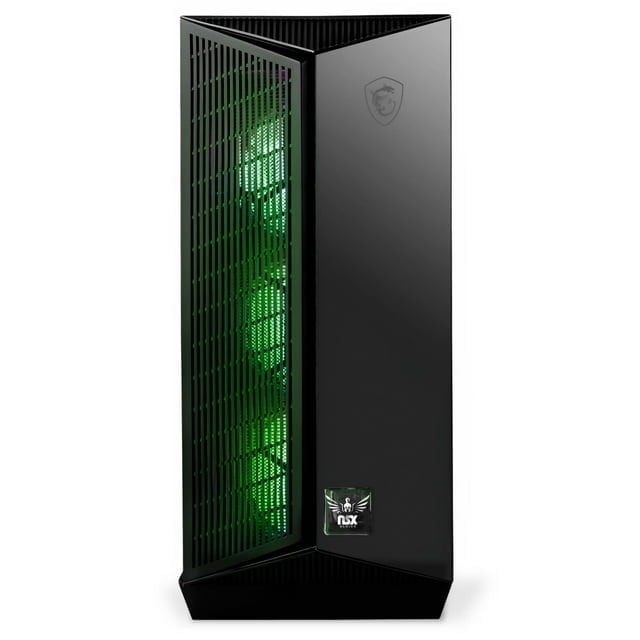

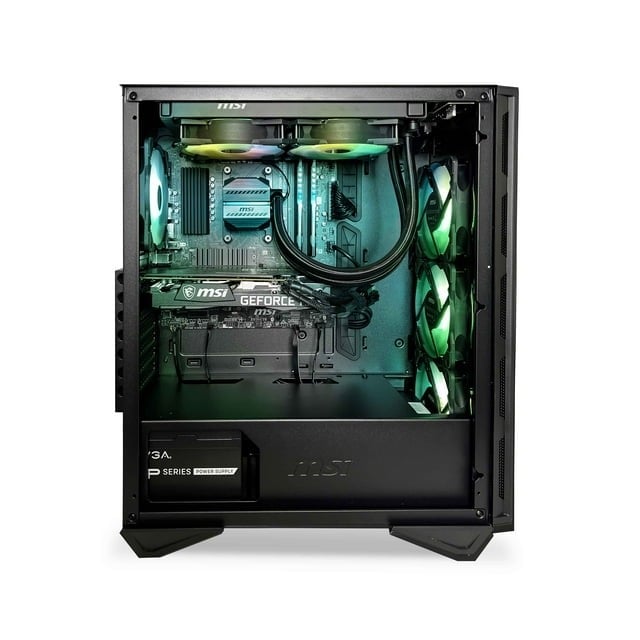
| Key specs | • 16GB RAM • NVIDIA RTX 3060 • 1TB SSD |
| What we like about it | • Sizeable storage • Comes with Windows 11 • Smooth performance in competitive games |
| What we don’t like about it | • Struggles in AAA titles at high settings |
| Today’s Best Deals | • View at Walmart • View at Newegg |
NSX’ Gaming PC aims to achieve a great balance between performance and power consumption. It features an AMD Ryzen 7 5700X processor and an NVIDIA GeForce RTX 3060 graphics card, both known for their efficiency.
Overall, you can expect this model to run the latest games at modest settings. Pushing it with the highest configurations might not be the best sidecar it would both increase power consumption and also cause this little fellow to heat up
ASUS ROG Strix Gaming
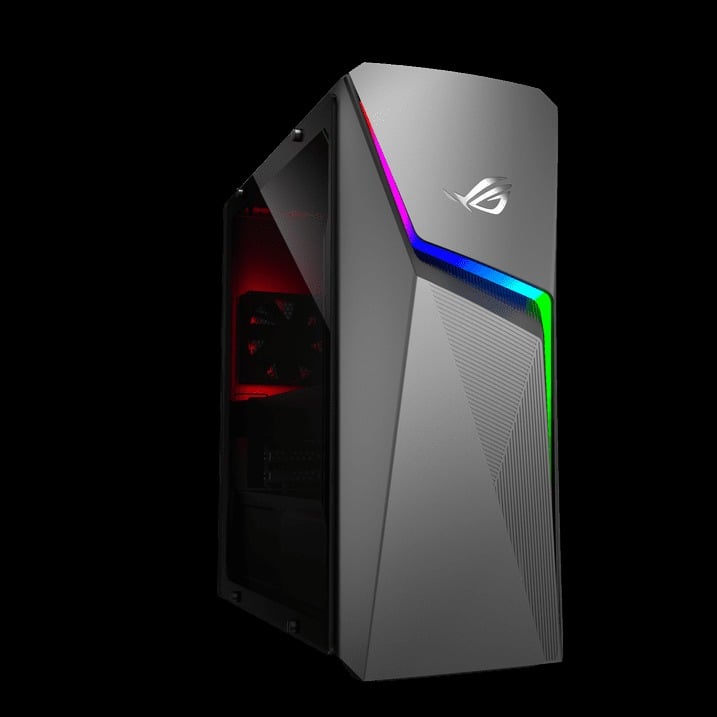

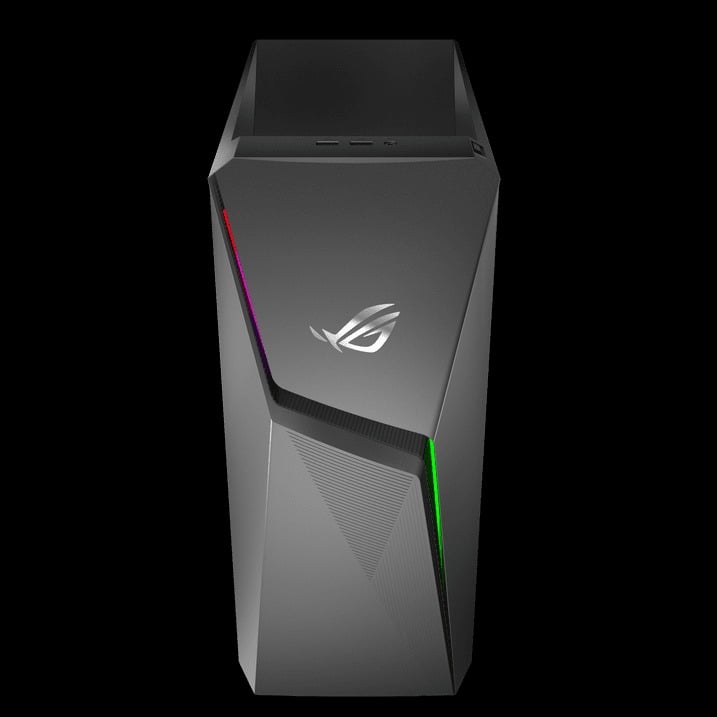
This ASUS ROG Strix Gaming model is a powerful gaming PC. Just like the previous entry on our list, this one also draws a fine line between performance and energy efficiency.
This model comes with an NVIDIA GeForce RTX 3060 graphics card, a great mid-range option when gaming performance is considered. An AMD Ryzen 7 5700G accompanies the GPU, allowing this machine to deliver smooth performances, especially in competitive games.
| Key specs | • 16GB RAM • NVIDIA GeForce RTX 3060 • 1TB SSD |
| What we like about it | • ASUS ROG form factor • Cost efficient GPU/CPU duo |
| What we don’t like about it | • Small SSD and comes with Windows 10 |
| Today’s Best Deals | • View at Walmart • View at Newegg |
Make it a DIY experience
If you’d like to take the matters into your own hands, I’d strongly suggest building your own PC. This way, you can choose the most power efficient components for each category from locally available options, creating a the PC of your dreams in the process.
How we created this list of PCs
When it comes to picking the products listed in this article, I researched pre-built and customizable PCs/laptops that prioritize efficiency as much as possible. During this search, I kept in mind that even within energy-efficient options, there’s a spectrum of performance capabilities.
Key takeaways
A mid-range gaming PC typically uses 300-500 watts per hour, but this can vary based on hardware and usage. If you’re looking to minimize your PC’s power consumption, you can further support it by adjusting in-game graphics settings and utilizing power management features.
If you’re a casual gamer looking for the most energy-efficient option, consoles like PlayStation 5 and Xbox Series X generally use less power than high-performance gaming PCs, making them solid alternatives for energy consumption-sensitive gamers.


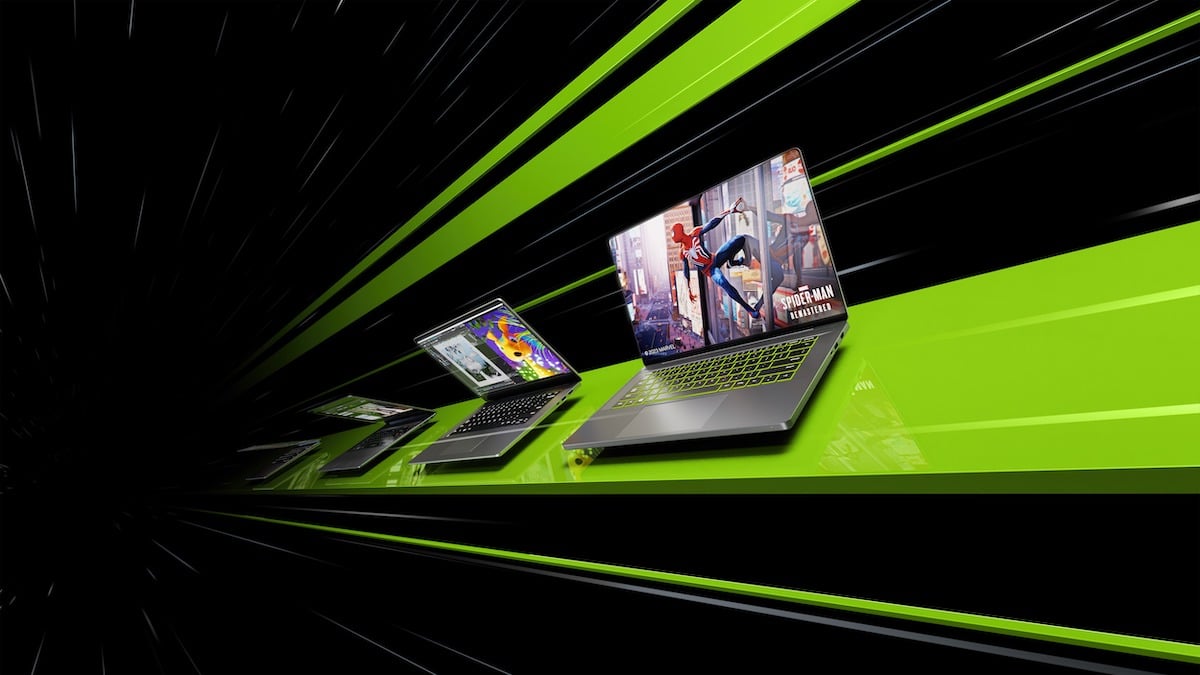
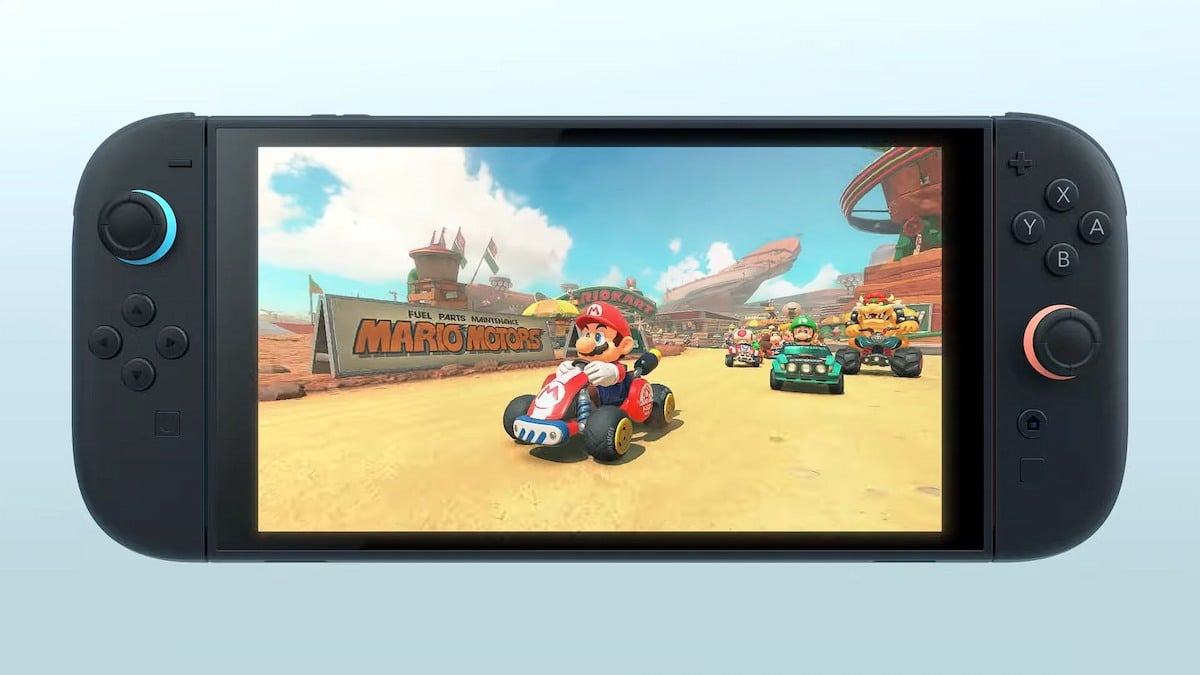

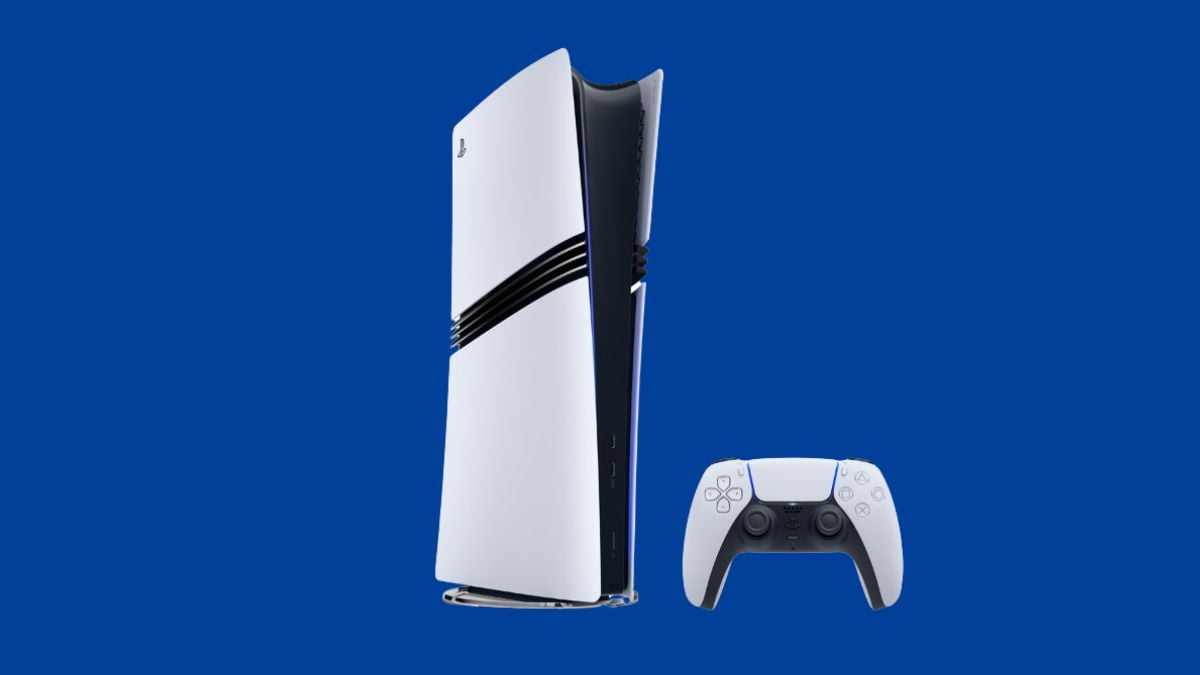
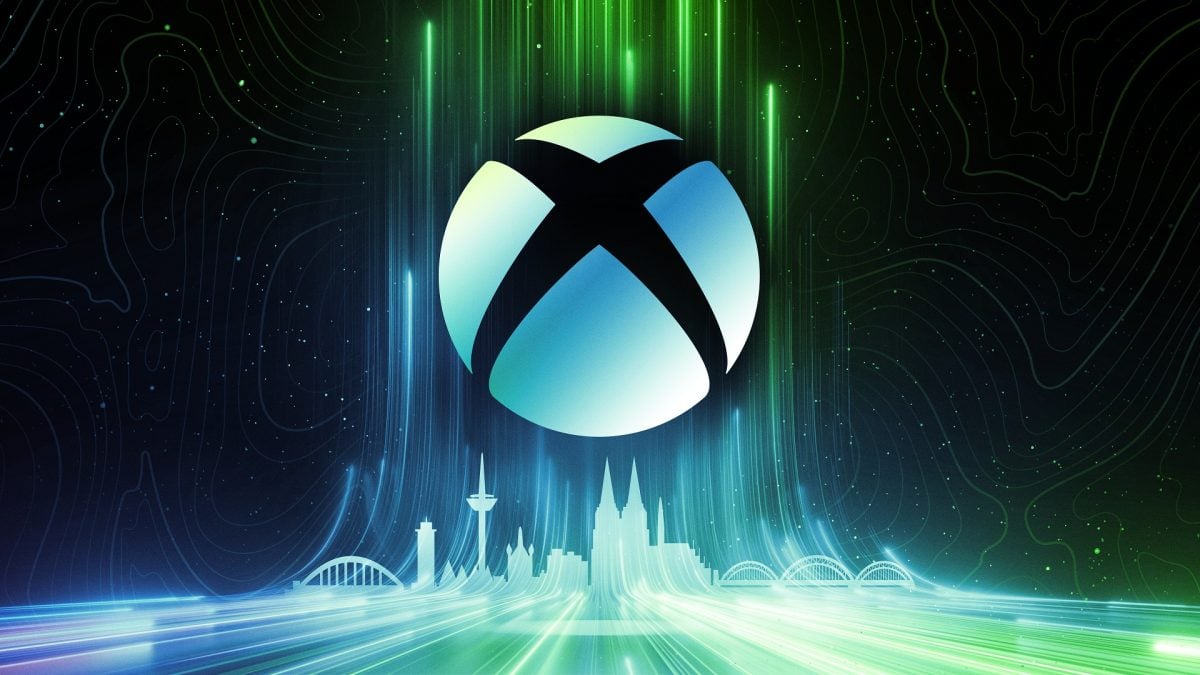
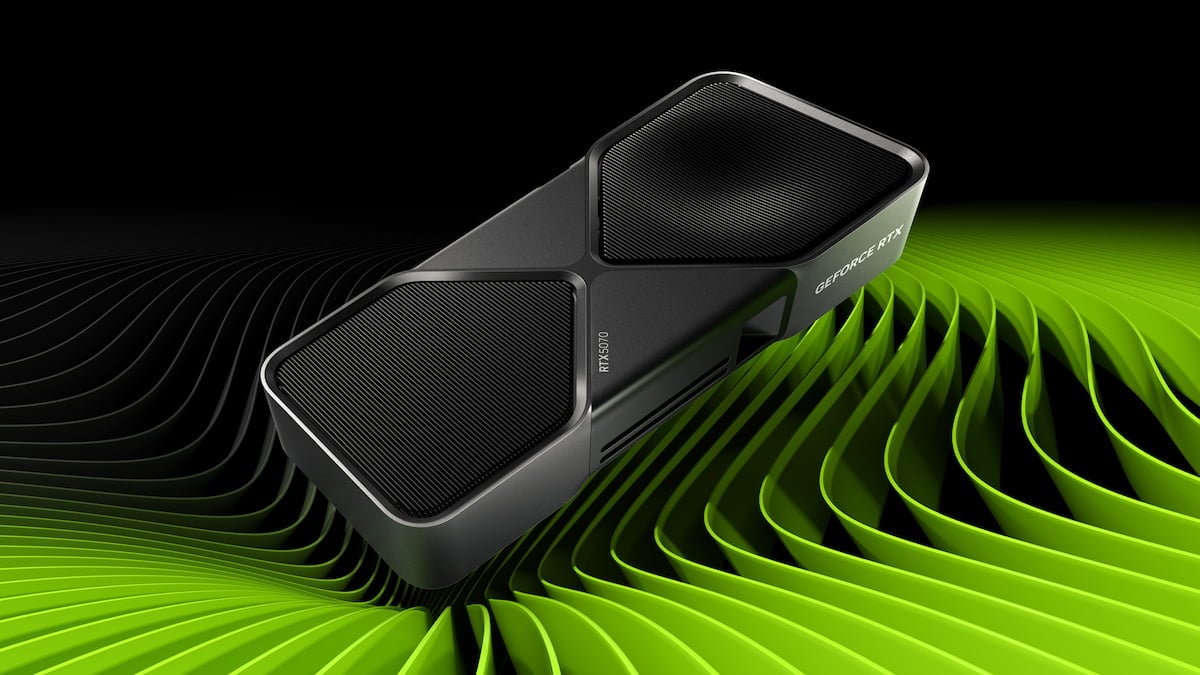
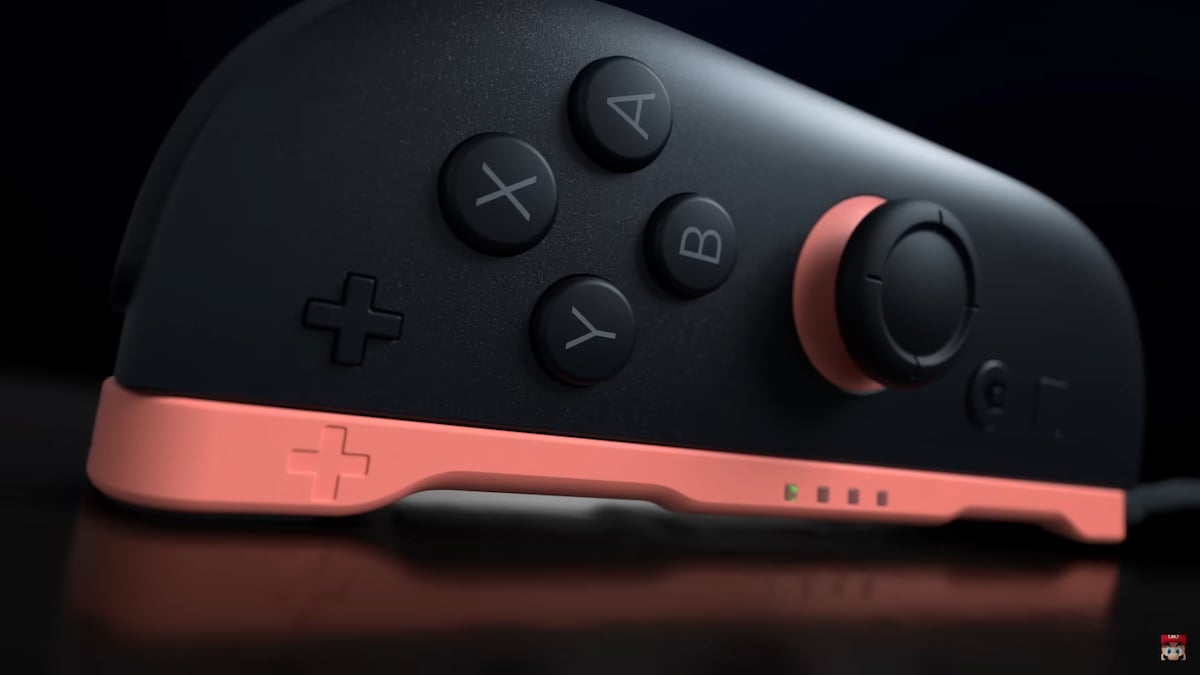
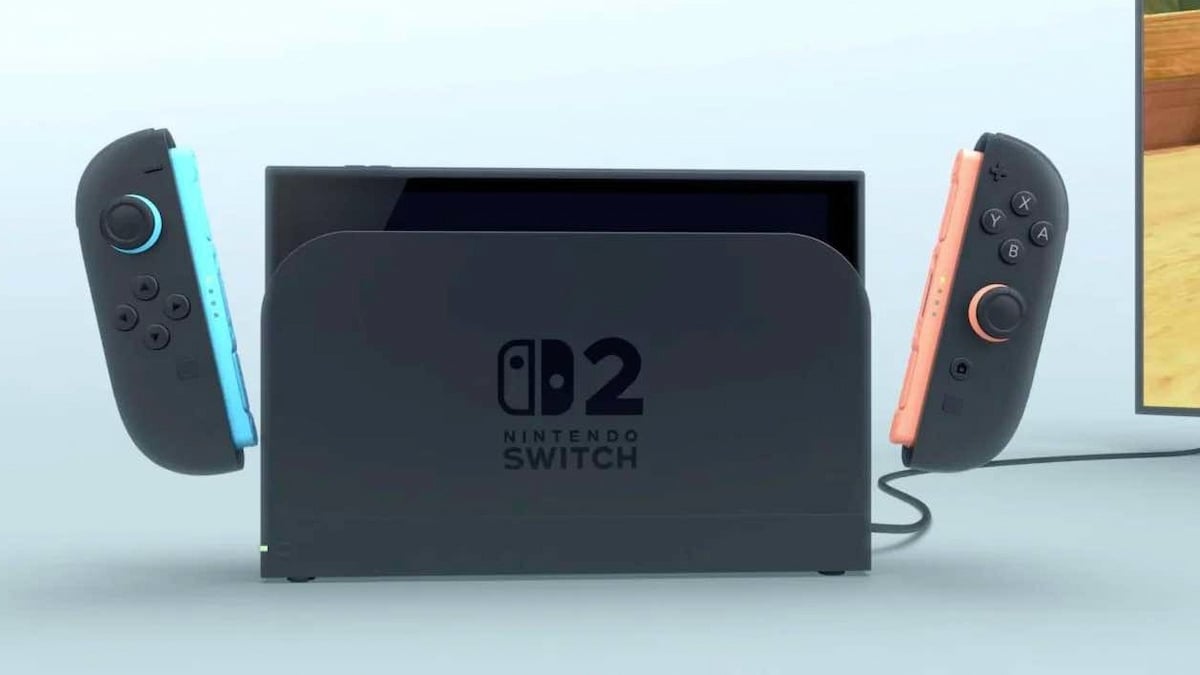
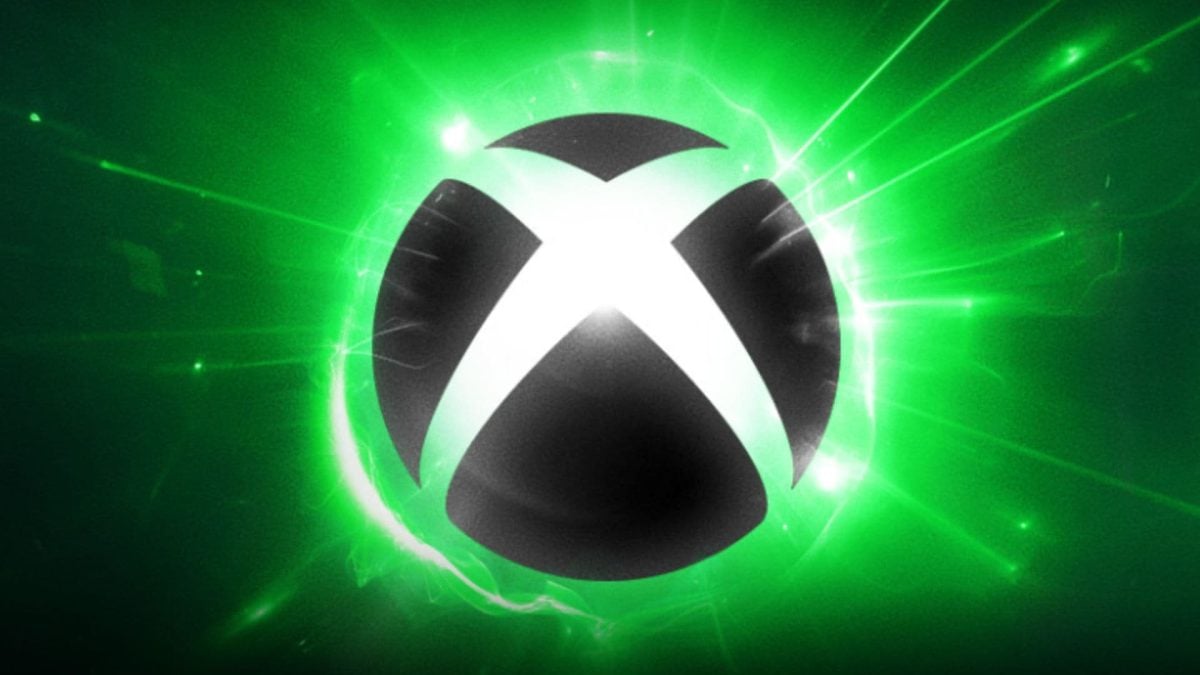

Published: Mar 22, 2024 04:15 pm